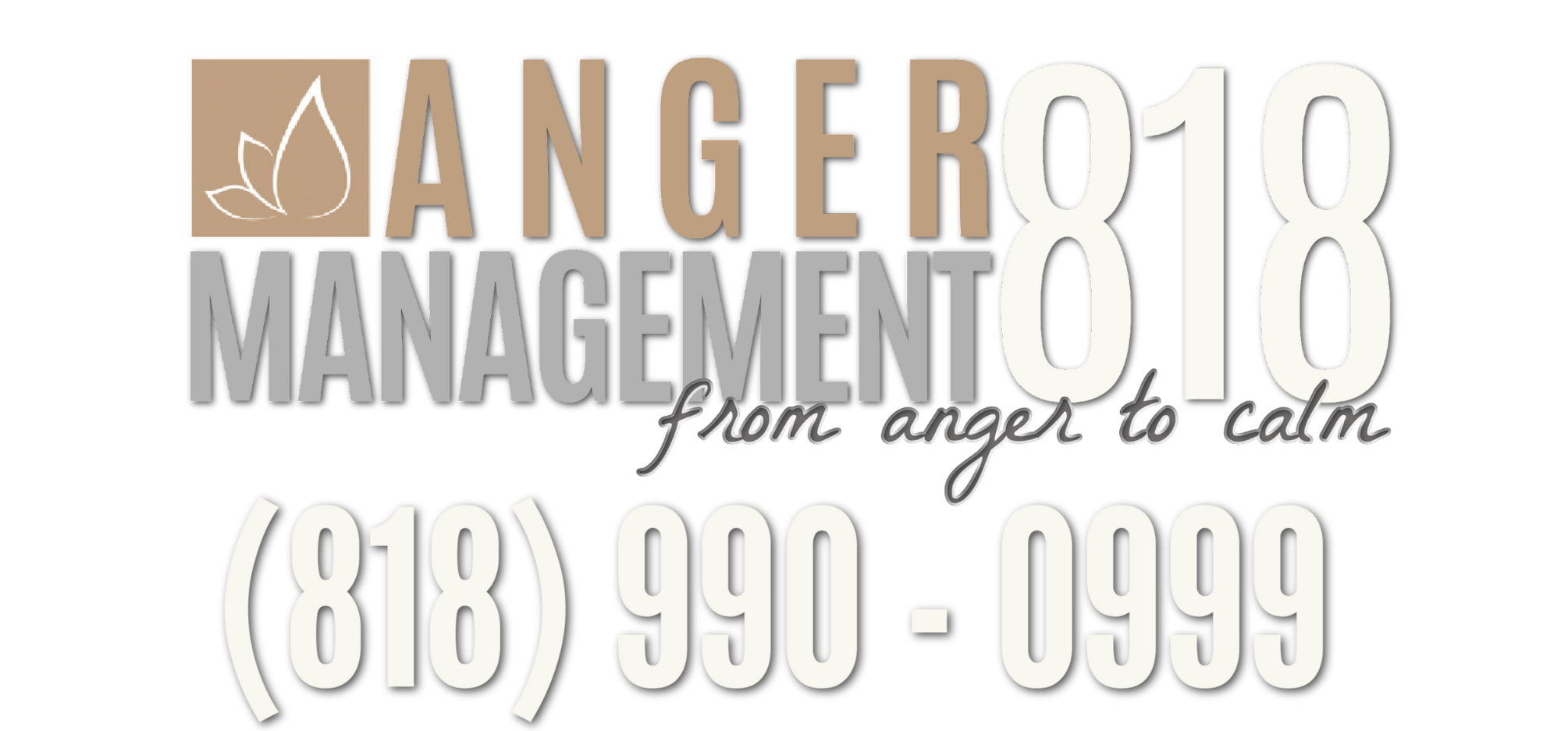As a psychotherapist working with Anger Management clients, I often refer to driving as the “final frontier of anger management.” I tell my clients that if they can maintain their calm while on the 405 freeway (Los Angeles area) during rush hour, they’ve essentially graduated from anger management.
Per NHTSA, 66% of traffic fatalities are because of aggressive driving. CNN reports a 500% increase in reported cases of road rage in the past 10 years. According to the Los Angeles Police Department, road rage was reported to be at its highest in seven years in 2022. In addition, 31% of road rage incidences involved a firearm in 2021 and 2022 in comparison to 16% in 2019.
What Makes Driving so Frustrating?
Driving can be challenging when stress, impatience, and anger often collide. Driving a 2,000-pound car at speeds over 80 miles per hour is stressful as is, now imagine someone swerving into your lane.
I’ve found that many of my anger management clients fall into a lot of “scorekeeping” with other drivers—keeping a mental ledger of wrongs others have done on the road and feeling the need to retaliate. This is especially common on our busy Los Angeles highways. This mentality not only makes the situation worse but also distracts from safe driving.
Violation of expectations is a key component that contributes to road rage. Many drivers go out on the road with a certain timetable in mind, anticipating arrival in a timely manner. Unexpected traffic delays, on the other hand, result in a mismatch between expectations and reality, which is a major source of anger. At its core, this frustration stems not from the traffic itself, but from our reaction to our missed expectations.
How Do You Overcome Road Rage?
The path to overcoming this final frontier in anger management starts with self-awareness. I suggest using a breathing technique that can assist in lowering heart rate. To further alleviate stress, I advise reducing expectations and embracing the unexpected nature of driving. Essentially, developing a mindset that faces life’s unavoidable difficulties with grace and tolerance is the key to achieving calmness on the road and in other stressful domains. To read more, you can check out our other article, Road Rage to Mindful Driving.
Court-ordered anger management classes help with road rage and offer tools you can use to integrate while driving. Anger management groups can help by offering support to work through your triggers when sharing the road with aggressive drivers. Not only is it an accomplishment in anger management to learn how to remain composed in the face of rush hour traffic, but it’s also a big step in improving emotional resilience. By taking an anticipatory attitude to driving and being prepared to allow for the unpredictable, we equip ourselves not just for the difficulties of the road but also for the larger journey of life.
To learn more about our anger management classes and to hear how we can support you, reach out today to speak with a professional.

Carly Rose Schwan is an Associate Marriage and Family Therapist at Avedian Counseling Centers with offices in Glendale and Sherman Oaks. She is trained in fields such as Anger Management and Couples Therapy. She currently works under the licensed supervision of Chrys Gkotsi, LMFT #113638.




